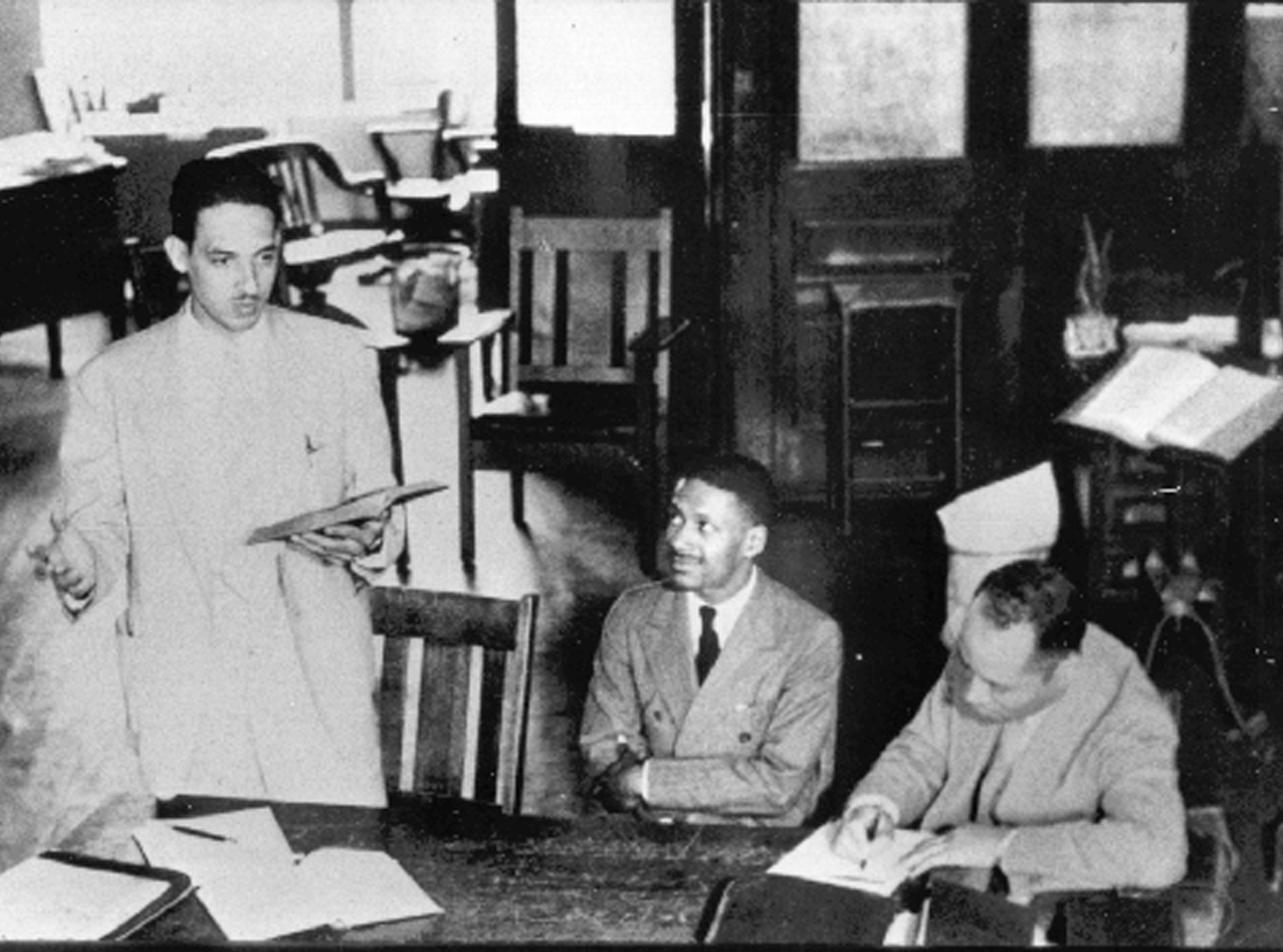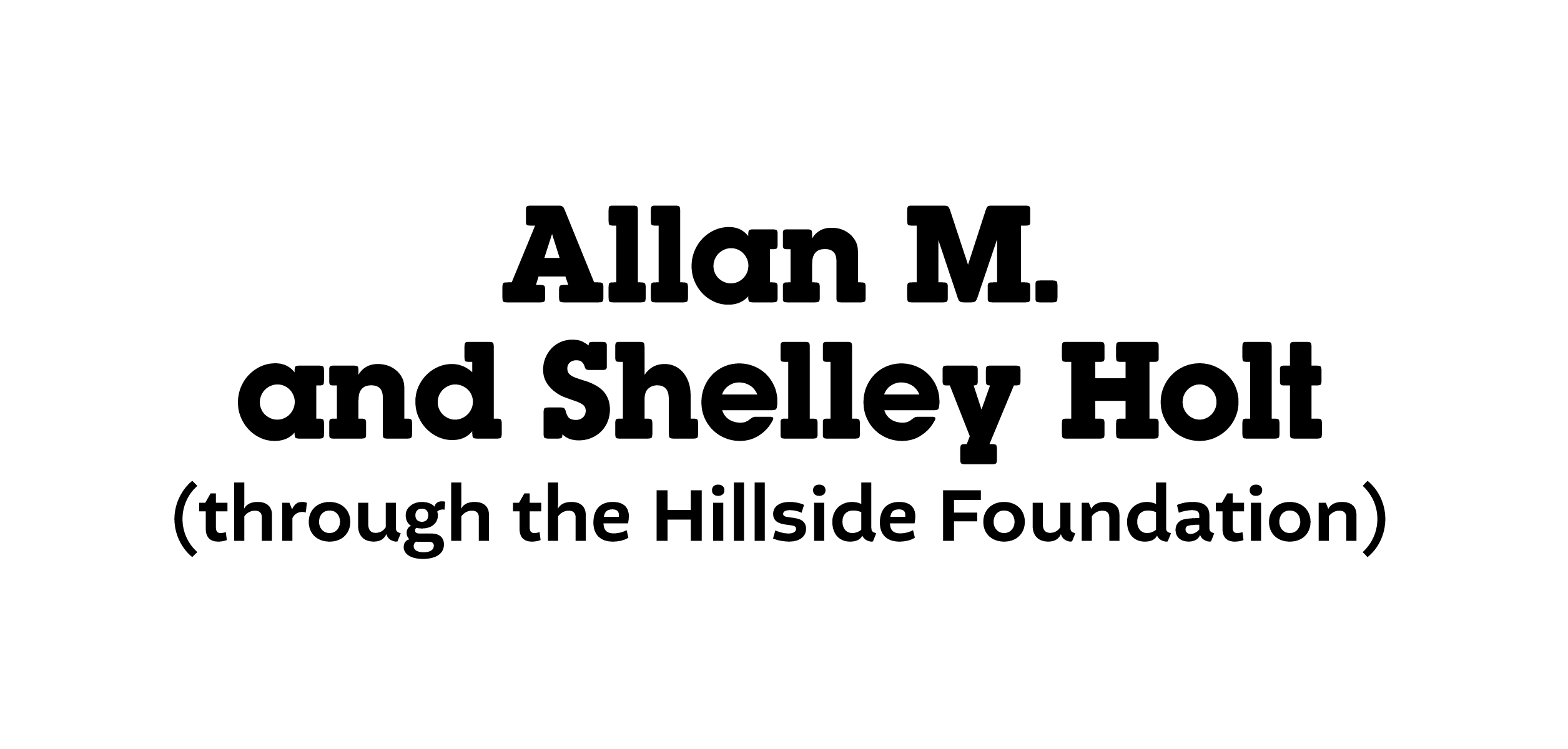The importance of law

Archives of Maryland (Biographical Series) S 1259-121-6259-8-1. From left: Thurgood Marshall, Donald Gaines Murray, and Charles Houston
Essential Question:
Thurgood Marshall was strongly against racial injustice because it directly went against the ideals of democracy, as well as U.S. federal laws. He believed in using the legal system to pursue justice and equality for African Americans so that the United States could live up to its ideals outlined in the U.S. Constitution, and so that African American people could obtain civil and human rights.
Marshall knew that laws had the power to create change. Instead of using violence or protest alone, he focused on using the courts to fight for fairness. He believed that if the laws were unfair, they could be challenged and changed. If the laws were fair, they needed to be enforced equally for everyone.
By working through the legal system, Marshall helped show that democracy only works when everyone has equal rights and protection under the law. His legal victories, like Murray v. Pearson and Brown v. Board of Education, helped break down segregation and move the country closer to its promise of justice for all.
Creating change through law
The video clips on this page and the next show how Thurgood Marshall used the law to ensure the ideals of democracy were available to all who lived in the United States. Watch the three short clips to examine different cases of Marshall's career as a civil rights lawyer.
In the first clip, you will learn the background of the Murray v. Pearson (1936) case. This case challenged segregation in colleges and universities by bringing the University of Maryland Law School to trial. As you play the video, use your notebook to answer the following questions:
- Why was this case personal to Thurgood Marshall?
- What does this case tell us about his values?
- Which Reconstruction Amendment do you think was violated in this case? How?











